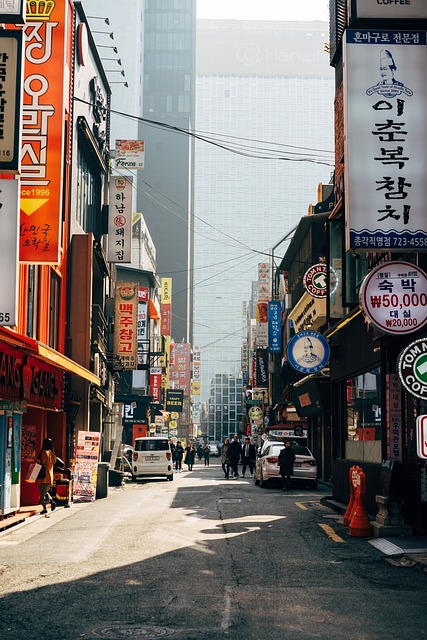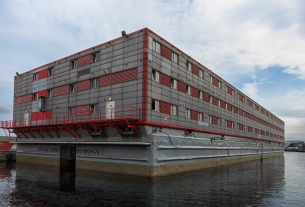South Korea faces a deepening political crisis as its Central District Court rejected a petition on Thursday seeking the release of impeached President Yoon Suk Yeol. Yoon was detained on rebellion charges following his controversial martial law declaration in December, a move that escalated tensions and led to his impeachment by the National Assembly.
Detention and Allegations
Yoon, detained at his Seoul residence after resisting multiple summons, was questioned for over 10 hours by the Corruption Investigation Office for High-Ranking Officials (CIO). Despite maintaining his silence during interrogation, Yoon’s legal team challenged the validity of the detention warrant, labeling the raid and subsequent arrest as unlawful. However, the court dismissed their petition, reinforcing the legality of his detention.
The investigation centers on allegations that Yoon’s December 3 martial law declaration, aimed at breaking legislative deadlock, amounted to attempted rebellion. Troops deployed around the National Assembly briefly blocked lawmakers before they voted to overturn the measure. Days later, the opposition-dominated Assembly impeached Yoon, accusing him of abusing presidential powers.
Widespread Unrest
Yoon’s detention has sparked nationwide protests, with his supporters rallying outside the court and detention center, demanding his release. Hundreds waved banners and chanted slogans, amplifying divisions in the country. Yoon himself has denounced the actions against him as a collapse of the rule of law, reiterating claims that the CIO lacks the authority to investigate rebellion charges.
Yoon’s refusal to cooperate with investigators for weeks led to a dramatic raid on his presidential compound, involving hundreds of law enforcement officers. His detention marks an unprecedented event in South Korea’s democratic history, as a sitting president faces serious criminal charges while awaiting the Constitutional Court’s decision on his impeachment.
Implications and Legal Proceedings
If a court approves Yoon’s formal arrest, his detention could extend up to 20 days, allowing investigators to gather further evidence before handing the case over to prosecutors. Charges of rebellion and abuse of power carry severe penalties under South Korean law, including life imprisonment or the death penalty.
The Constitutional Court has begun deliberating on Yoon’s impeachment. If upheld, it will permanently remove him from office; if rejected, his presidential powers will be reinstated. Despite his detention, Yoon retains the right to attend hearings, leaving the nation’s political future in limbo.
A Nation at Crossroads
Yoon’s presidency has plunged South Korea into its most significant political crisis since democratization in the 1980s. His martial law declaration, intended to assert control, has instead ignited intense scrutiny and legal battles, with far-reaching consequences for the country’s leadership and rule of law.
As the Constitutional Court prepares its verdict, the nation watches closely, grappling with questions of governance, accountability, and the limits of presidential authority in a democratic system.




